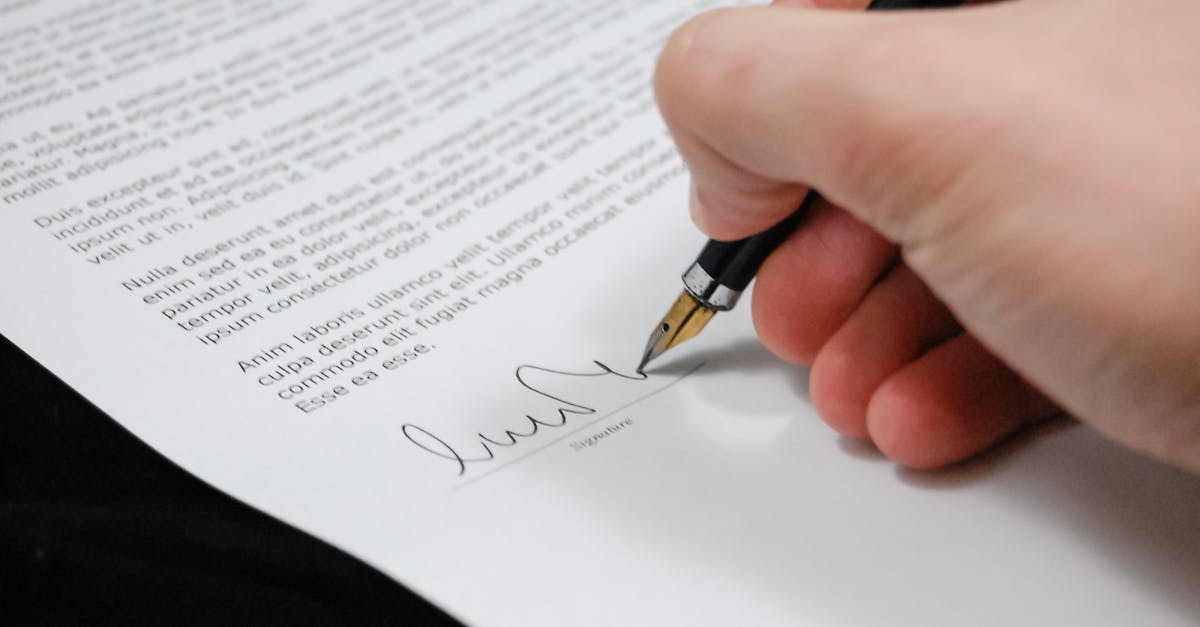
Factors Influencing Litigation Decisions
When considering factors that influence decisions to engage in litigation and dispute resolution, parties often weigh the potential benefits that come from pursuing a legal remedy. One key aspect that could prompt a party to prefer litigation is the desire for a formal legal resolution to a dispute. By going through the litigation process, parties have the opportunity to have a neutral third party, typically a judge or jury, render a decision based on the presented evidence and applicable law. This formal legal resolution can provide clarity and finality to the dispute, which may be appealing to parties seeking a definitive outcome.
Additionally, parties may opt for litigation due to the potential for setting legal precedence. By litigating a case and obtaining a favorable ruling, a party can establish legal authority that may influence similar cases in the future. This can be particularly advantageous if the party anticipates facing similar disputes down the road. The ability to shape legal principles through litigation can be a compelling reason for parties to pursue legal action, especially when they believe their case has the potential to impact the broader legal landscape.
Potential Settlement Options
Settlement options are a crucial aspect of the litigation process. They provide parties with an opportunity to resolve disputes outside of the courtroom, potentially saving time and resources. By engaging in settlement negotiations, parties can avoid the uncertainty and costs associated with a trial. Litigation and dispute resolution team play a key role in facilitating settlements by exploring various options, such as mediation or arbitration, to reach a mutually acceptable agreement.
Parties may prefer settlement options due to the confidentiality they offer. Unlike a court proceeding, settlement negotiations can be kept private and away from public scrutiny. This can be particularly advantageous for parties looking to protect sensitive information or maintain a positive public image. The use of confidentiality agreements in settlement discussions ensures that the details of the resolution remain between the parties involved, minimizing the risk of damaging publicity. Litigation and dispute resolution professionals are adept at utilizing settlement options effectively to achieve a favorable outcome for their clients.
The Role of Evidence in Litigation
Evidence plays a crucial role in litigation and dispute resolution. Providing concrete evidence is essential in establishing a strong legal case. In the courtroom, evidence substantiates the claims and arguments made by parties involved in the dispute. Without proper evidence, it becomes challenging for the court to make informed decisions that align with the law. Therefore, parties engaged in litigation meticulously gather and present relevant evidence to support their position.
In litigation and dispute resolution, the admissibility of evidence is carefully evaluated. Courts rely on concrete evidence to make fair and just decisions. Evidence presented during the litigation process helps in shaping the legal arguments and influences the outcome of the case. By presenting compelling evidence that is admissible in court, parties can strengthen their case and increase their chances of achieving a favorable resolution. Consequently, the role of evidence in litigation and dispute resolution cannot be overstated, as it serves as the cornerstone for presenting a persuasive legal argument.
Establishing Legal Case
When parties are involved in a legal dispute, the process of establishing a strong legal case is crucial for navigating through the complexities of litigation and dispute resolution. Building a solid legal case involves gathering relevant evidence, whether it be documentation, witness testimonies, or expert opinions, to support the party's claims or defenses. This evidentiary support forms the foundation upon which legal arguments are constructed and presented before a court or arbitrator.
In litigation and dispute resolution, the process of establishing a legal case also entails conducting thorough legal research to identify and interpret pertinent laws, regulations, and precedents that may impact the outcome of the case. By meticulously analyzing legal principles and applying them to the specific facts of the dispute, parties can strengthen their positions and enhance their chances of achieving a favorable resolution through the judicial process. Additionally, crafting persuasive legal arguments and anticipating potential counterarguments are essential components of effectively establishing a legal case in the realm of litigation and dispute resolution.
Implications of Public Litigation
Public litigation can have significant implications for all parties involved. When a dispute escalates to public scrutiny, the nature of the case can transform dramatically. The exposure and attention that come with public litigation can impact the reputations of the parties, both personally and professionally. Litigation and Dispute Resolution become not just about the legal matter at hand but also about managing public perception and navigating potential consequences beyond the courtroom.
Moreover, the implications of public litigation extend beyond the immediate parties involved. The outcomes and decisions made in these cases can set precedents, influencing future legal proceedings and shaping public views on similar matters. As such, the stakes are often higher in public litigation cases, with the potential to have lasting effects on the legal landscape and societal perspectives. Litigation and Dispute Resolution in the public eye require careful consideration of not only the legal aspects but also the broader impact on all stakeholders.
Public Perception
Public perception plays a crucial role in litigation and dispute resolution. The way a legal case is perceived by the public can greatly influence the outcome, as it may impact jury decisions or public support. The media, public opinion, and societal beliefs can all shape how a case unfolds in the court of law. Parties in a legal dispute might strategically opt for litigation to leverage public perception in their favor, aiming to gain support or sympathy from the public.
In high-profile cases, public perception can become a significant factor, potentially swaying the case one way or another. How the media portrays a legal battle, the narratives that are crafted, and the opinions expressed by experts can all contribute to shaping public opinion. Parties involved in litigation must carefully consider how their case is being perceived by the public as it can have far-reaching implications on the legal proceedings and the ultimate outcome of the case.
FAQS
What are some factors that may influence a party's decision to litigate?
Factors such as the complexity of the legal issue, the potential legal remedies available, and the willingness of the party to pursue a court judgment can influence the decision to litigate.
How do potential settlement options play a role in a party's decision to litigate?
Parties may prefer to litigate if they believe that the potential settlement offers are not satisfactory or if they believe that a court judgment will result in a more favorable outcome.
What is the role of evidence in litigation?
Evidence is crucial in litigation as it helps parties establish the facts of the case, prove their legal claims, and defend against allegations made by the opposing party.
How does establishing a strong legal case impact a party's decision to litigate?
Parties may choose to litigate if they believe they have a strong legal case backed by evidence and legal arguments that can support their position in court.
What are some implications of public litigation on the parties involved?
Public litigation can impact the reputation and public perception of the parties involved, influencing their decision to litigate or seek alternative dispute resolution methods to avoid negative publicity.




